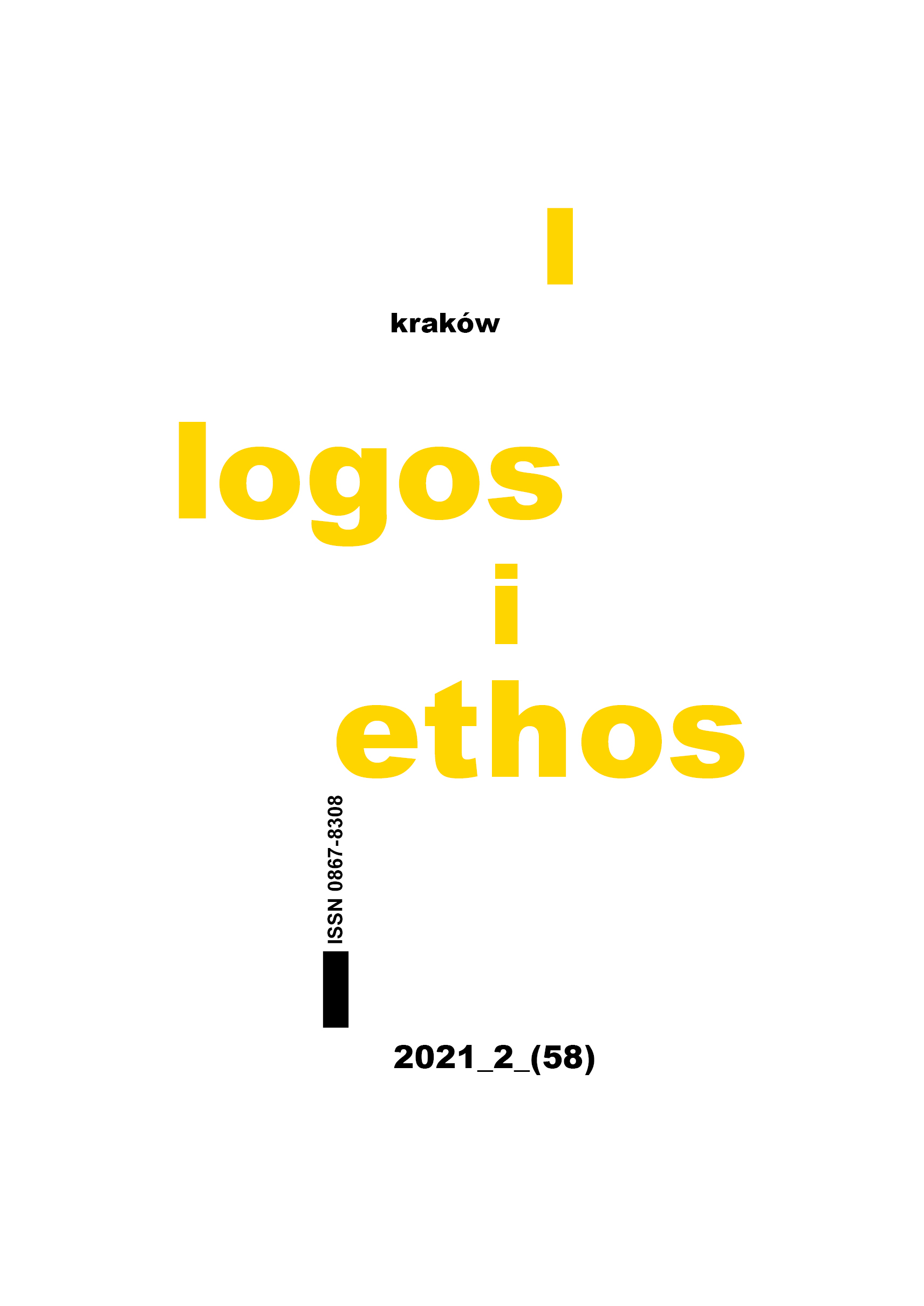The Revival of a Person in the Interpretation of Nikolay Berdyaev: Explanation of the Idea of Sobornost’ on the Example of Kabbalistic Concept about Adam Kadmon
DOI:
https://doi.org/10.15633/lie.4167Keywords:
Berdyaev, person, individual, Adam Kadmon, sobornost’Abstract
The questions about how human can be seen and recognized as a person were asked throughout the centuries. The Russian thinker Nikolay Berdyaev as a representative of personalistic school answers this question through the prism of the calling of man. Thus, he distinguishes between a person and an individual, when the former is created by God, and the latter is a social construct. In this fallen world human exists rather as an individual, but his aim is to become a person. According to the thinker, human by his spiritual exaltation is able to reveal himself as a person, but finally he admits it is possible only along with other people. Berdyaev connects the topic about human becoming a person with the idea of Sobornost’, which finds analogy in the Western theological literature in terms like “catholicity” or “conciliarity.” In his explanation of this topic the Russian thinker refers to the Kabbalistic tradition takes its idea about Adam Kadmon as an example for a perfect unity of all beings. Still, Berdyaev develops his vision about the idea of unity of all creation on the basis of the idea of human creativity and his destiny. And in such a spiritual unity of all beings every human revealed himself as a person what is foremost vision of Berdyaev’s personalistic sight.
References
Arzhakovskij A., Zhurnal “Put’” (1925–1940). Pokolenie russkikh religioznykh myslitelej v emigraczii, Kiev 2000.
Berdyaev N., Czarstvo Dukha i Czarstvo Kesarya, Moskva 1995.
Berdyaev N., Filosofiya neravenstva. Pis’ma k nedrugam po socyal`noj filosofii, Berlin 1923.
Berdyaev N., Istina i otkroveniie, Sankt Petersburg 1996.
Berdyaev N., O naznachenii cheloveka. Opyt paradoksal’noj etiki, Moskva 1993.
Berdyaev N., O rabstve i svobode cheloveka. Opyt personalisticheskoj filosofii, Parizh 1939.
Berdyaev N., Smysl tvorchiestva (Opyt opravdaniya chelovieka), Moskva 1916.
Berdyaev N., Tvorchestvo i obiektivacziya (Opyt eskhatologicheskoj metafiziki), Parizh 1947.
Gromova A., Problema sobornosti v kontekste prostranstvennykh obrazov vremeni-pamyati P. A. Florenskogo, „Vestnyk KGU im. Nekrasova” (2014) 2, pp. 225–228.
Hughes R.A., Nikolai Berdyaev’s Personalism, “International Journal of Orthodox Theology” 6.3 (2015), pp. 63–80.
Osipov G., Istoriya socziologii v Zapadnoj Evrope i SShA, Moskva 2001.
Scott D., Gilbert Simondon’s Psychic and Collective Individuation. Critical Introductions and Guides, Edinburgh 2014.
Tönnies F., Community and Civil Society. Cambridge Texts in the History of Political Thought, Cambridge 2001.
Downloads
Published
Issue
Section
License
Authors who publish with this journal agree to the following terms:
- Authors retain the copyright and full publishing rights without restrictions, and grant the journal right of first publication with the work simultaneously licensed under a Creative Commons Attribution 4.0 International License that allows others to share the work with an acknowledgement of the work's authorship and initial publication in this journal.
- Authors are able to enter into separate, additional contractual arrangements for the non-exclusive distribution of the journal's published version of the work (e.g., post it to an institutional repository or publish it in a book), with an acknowledgement of its initial publication in this journal.
- Authors are permitted and encouraged to post their work online (e.g., in institutional repositories or on their website) prior to and during the submission process, as it can lead to productive exchanges, as well as earlier and greater citation of published work (See The Effect of Open Access).

